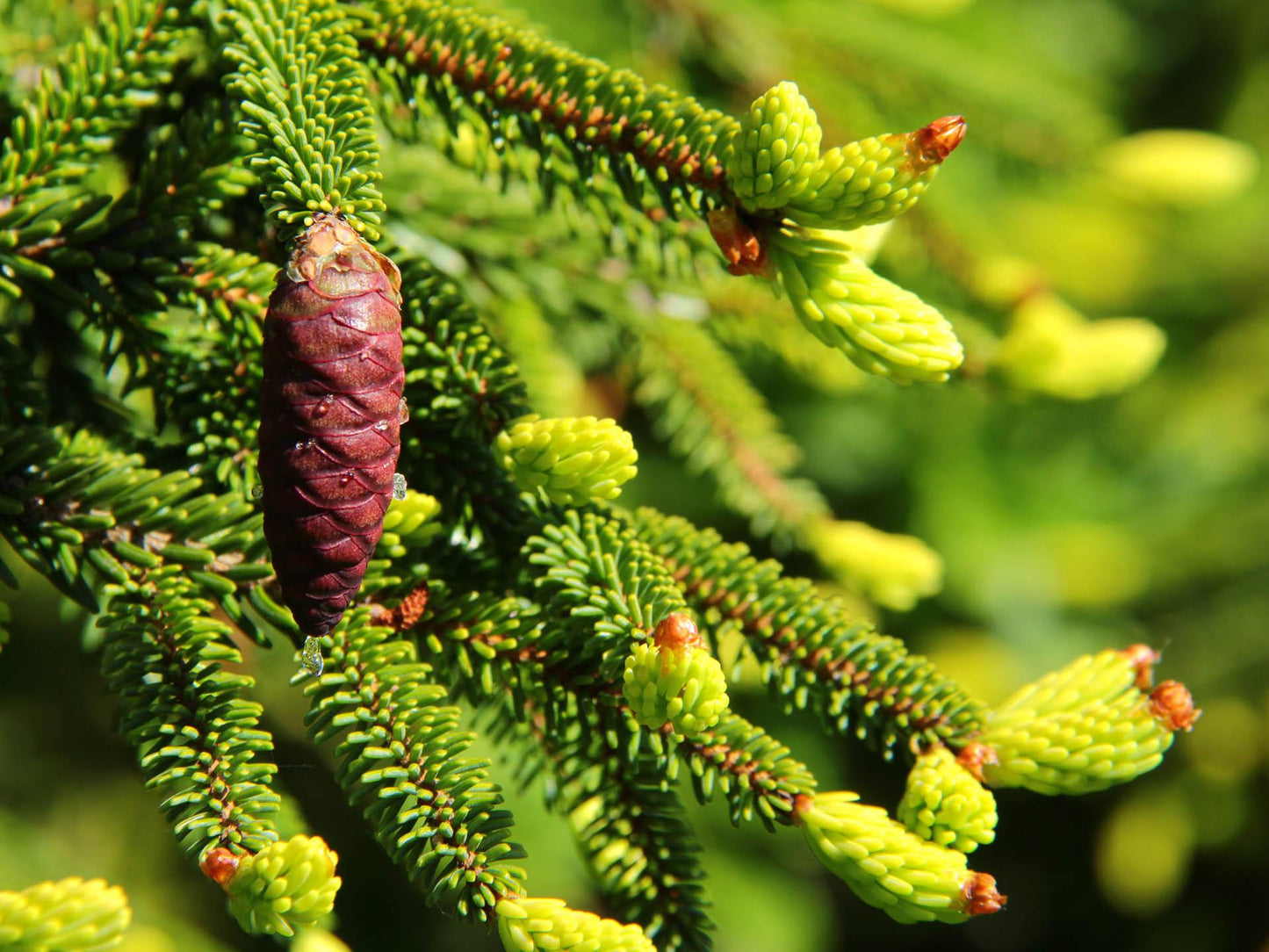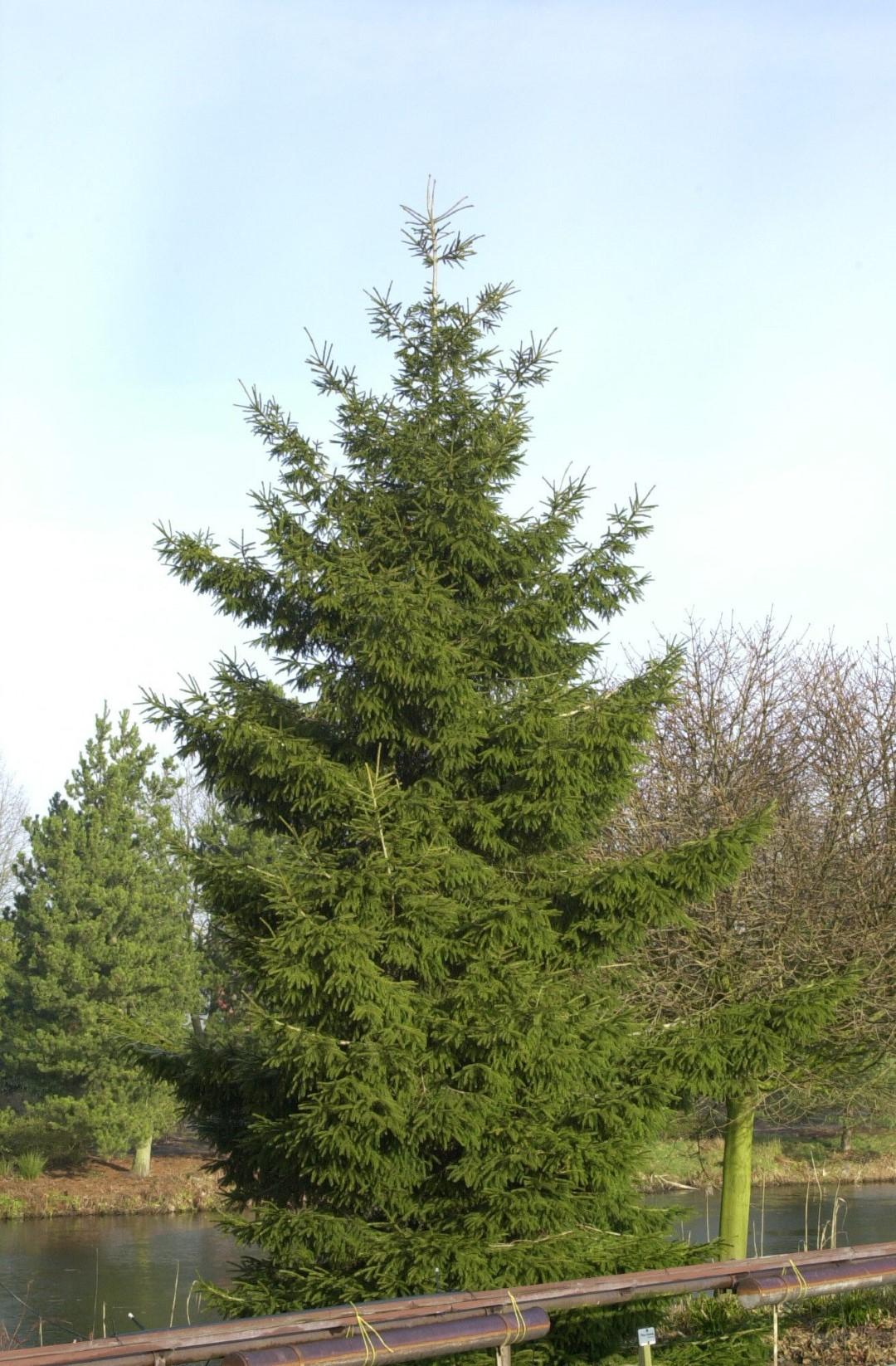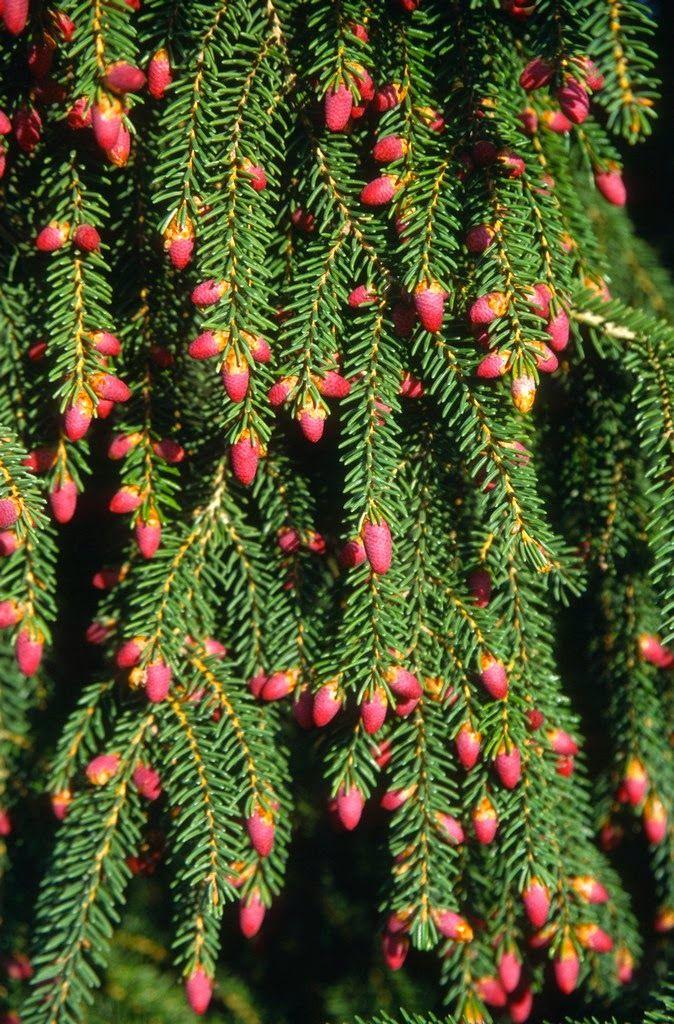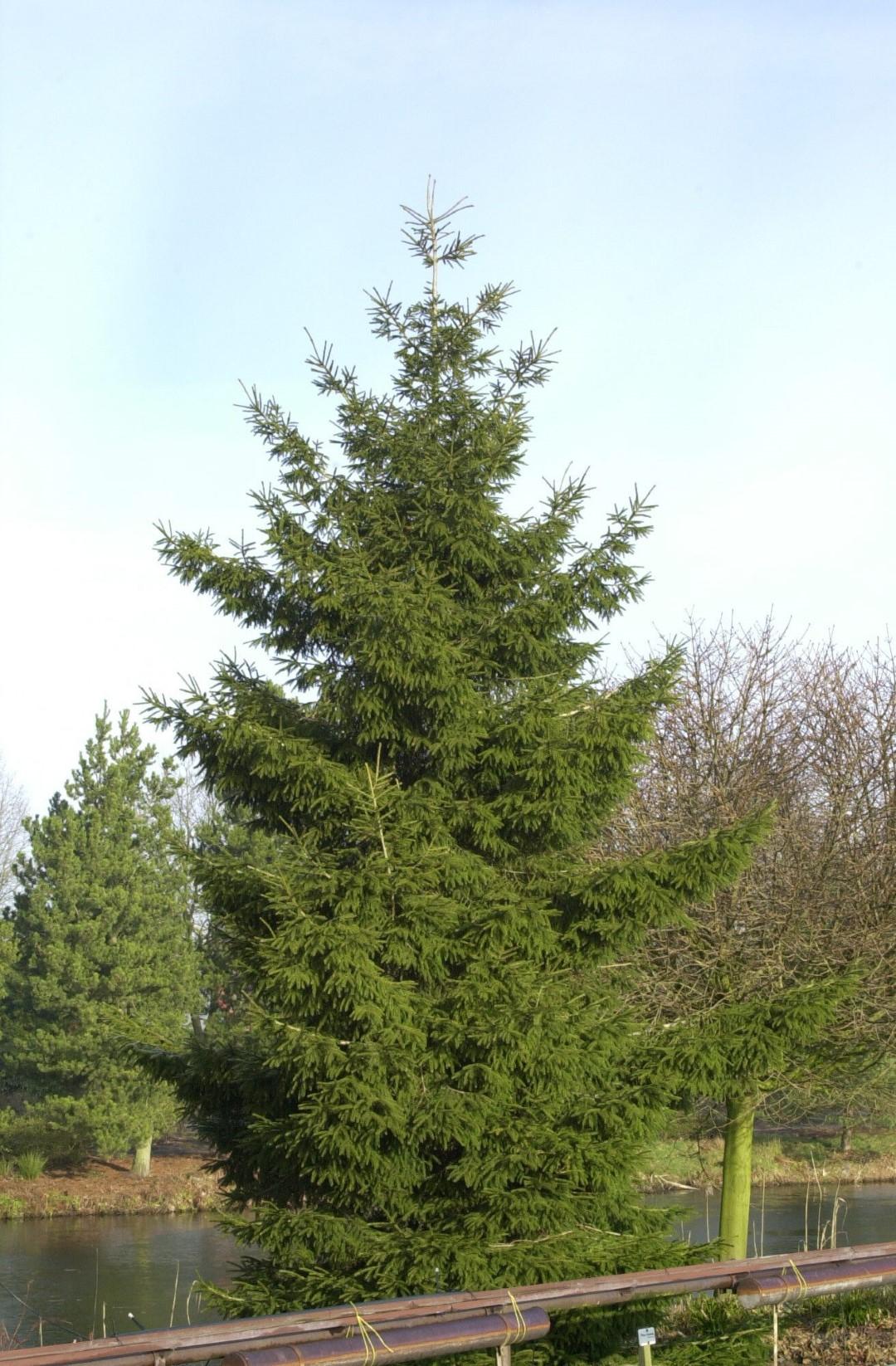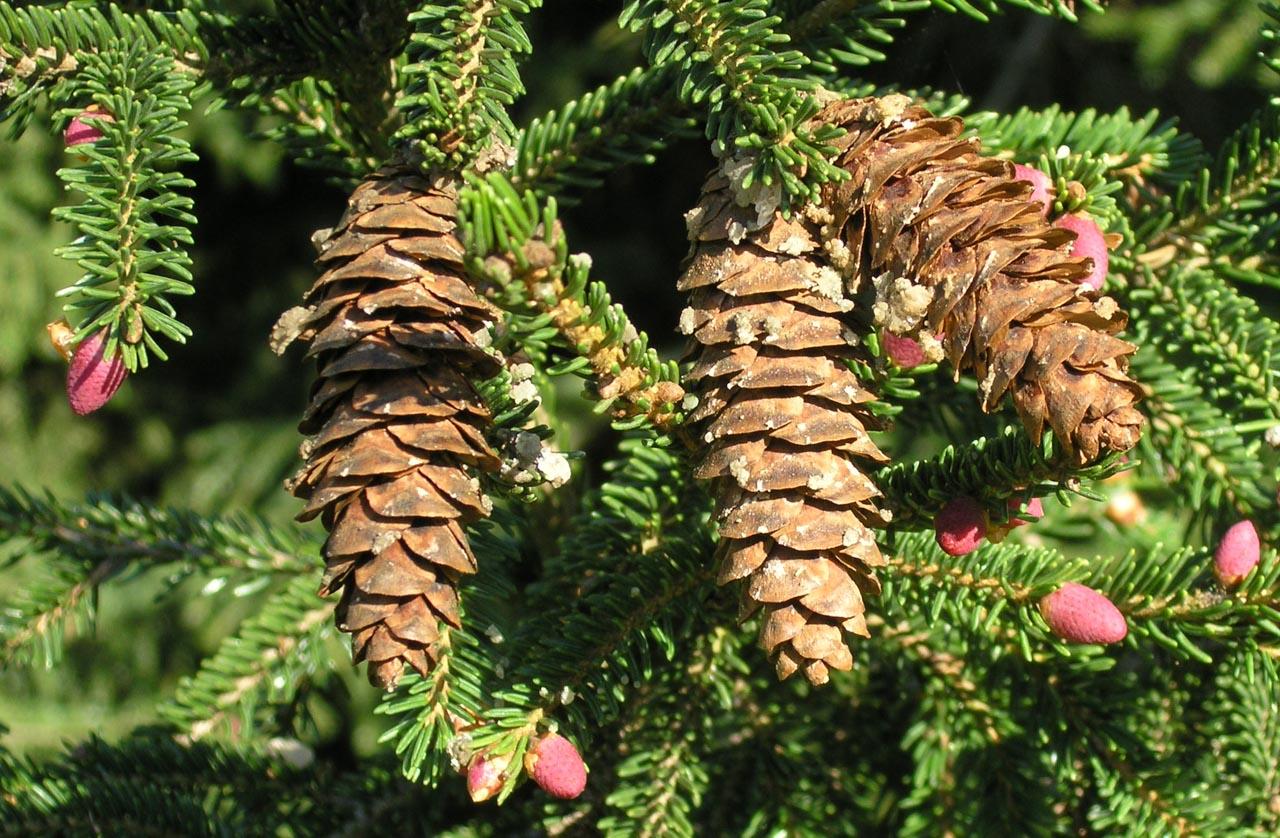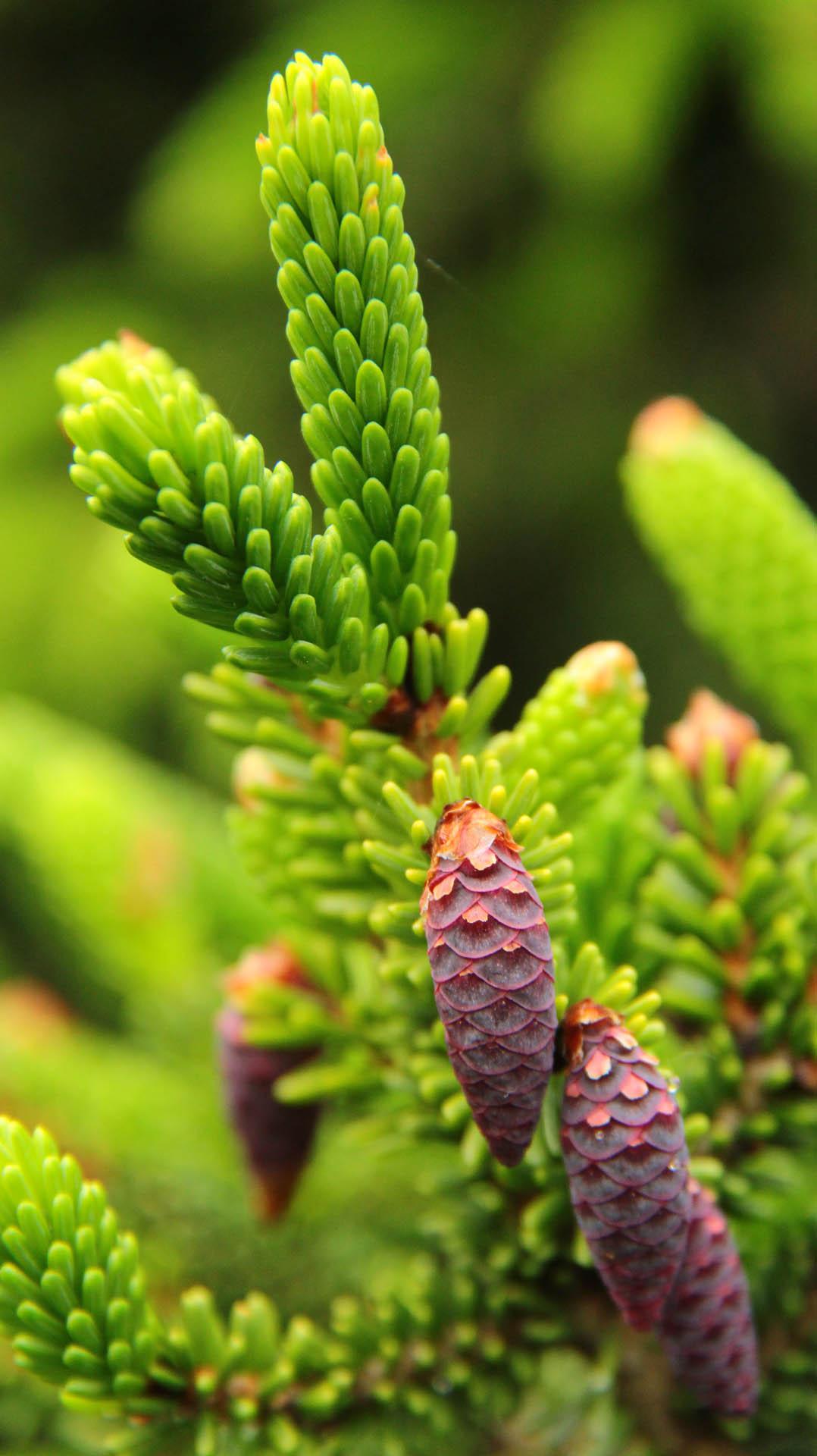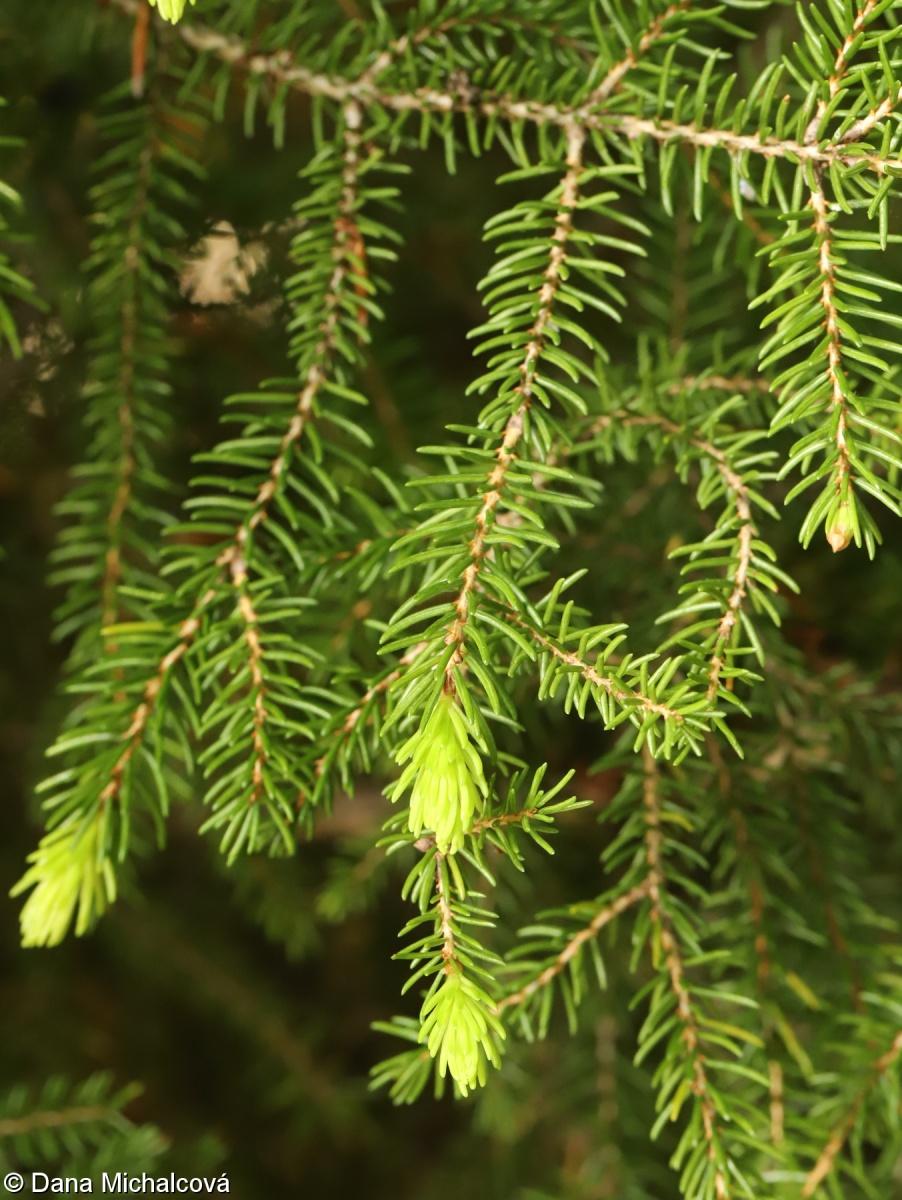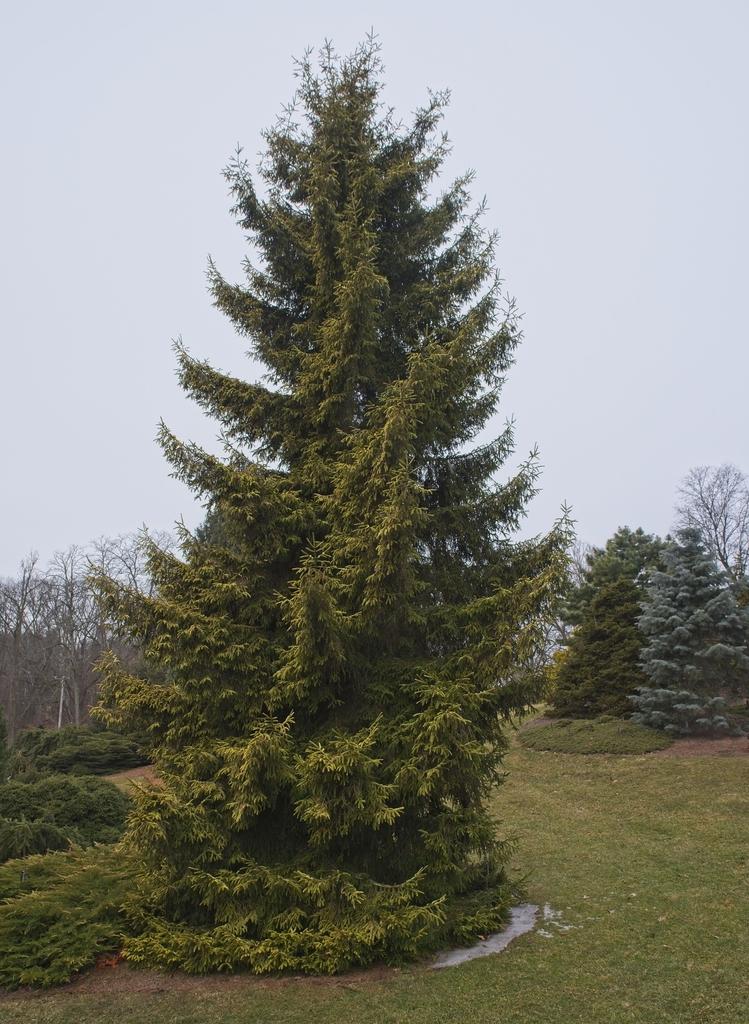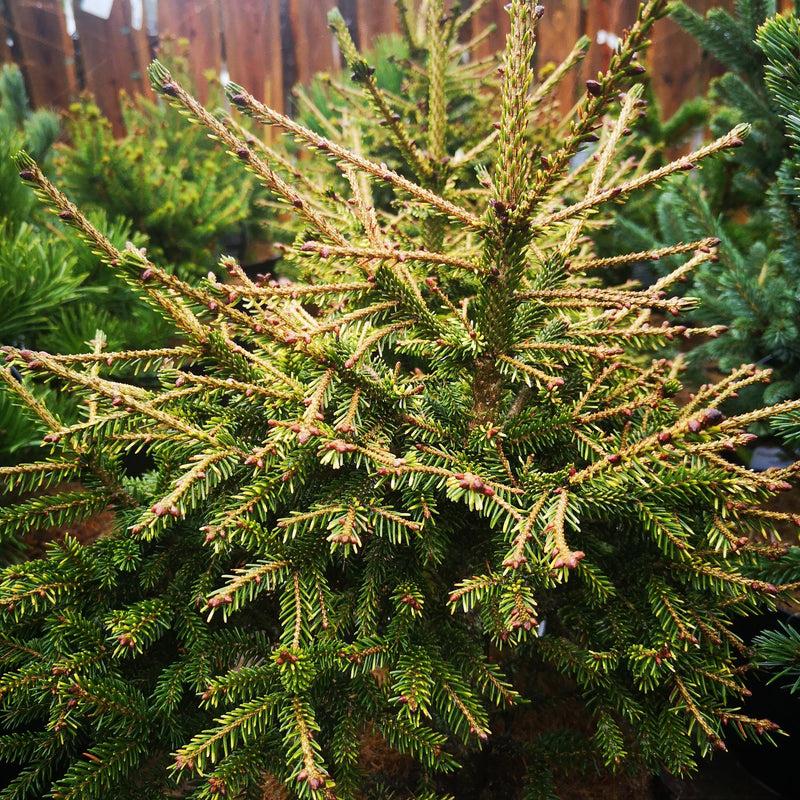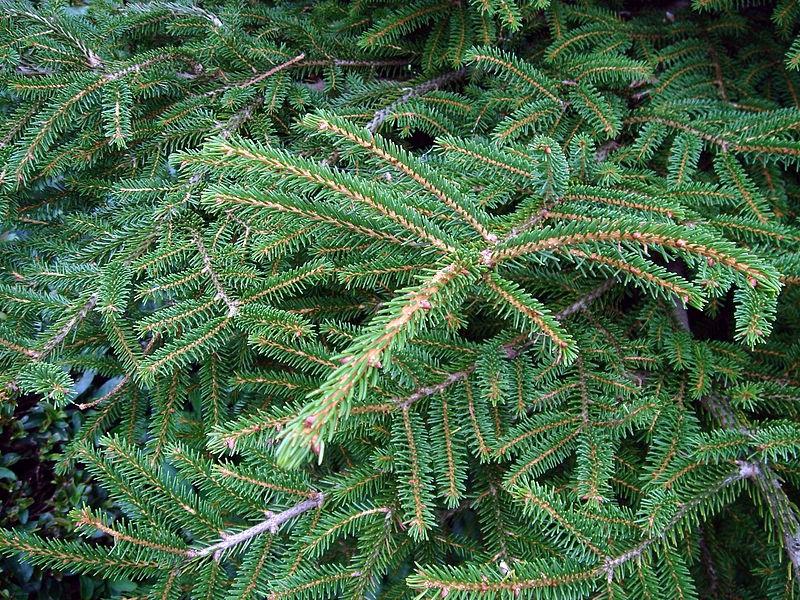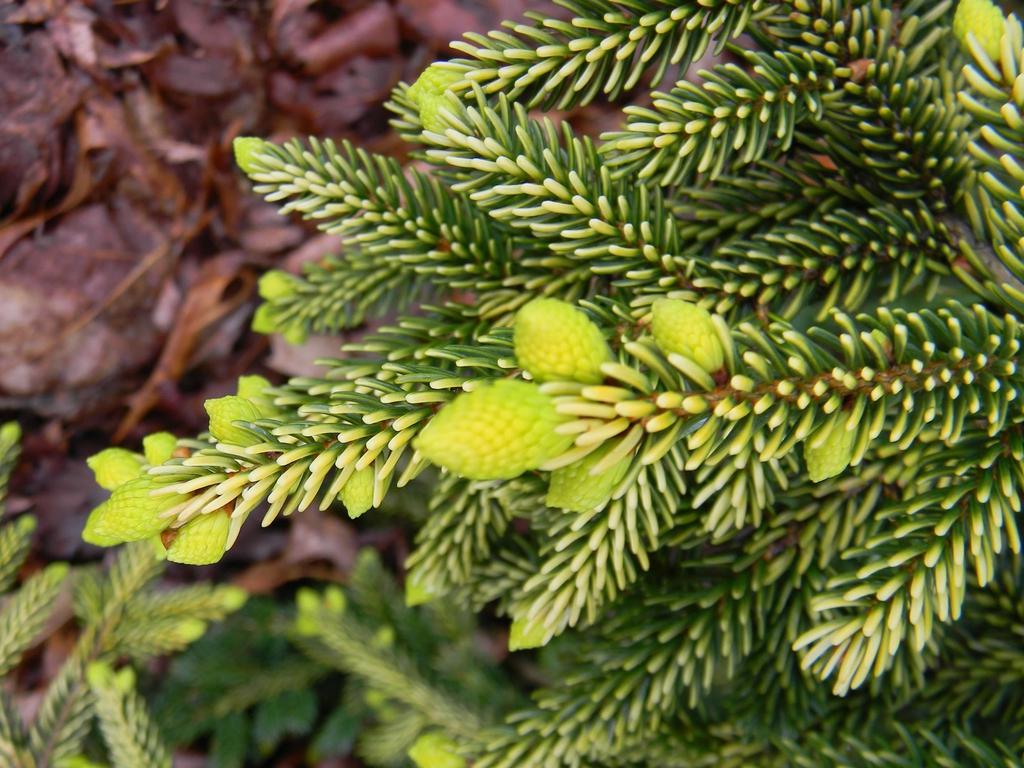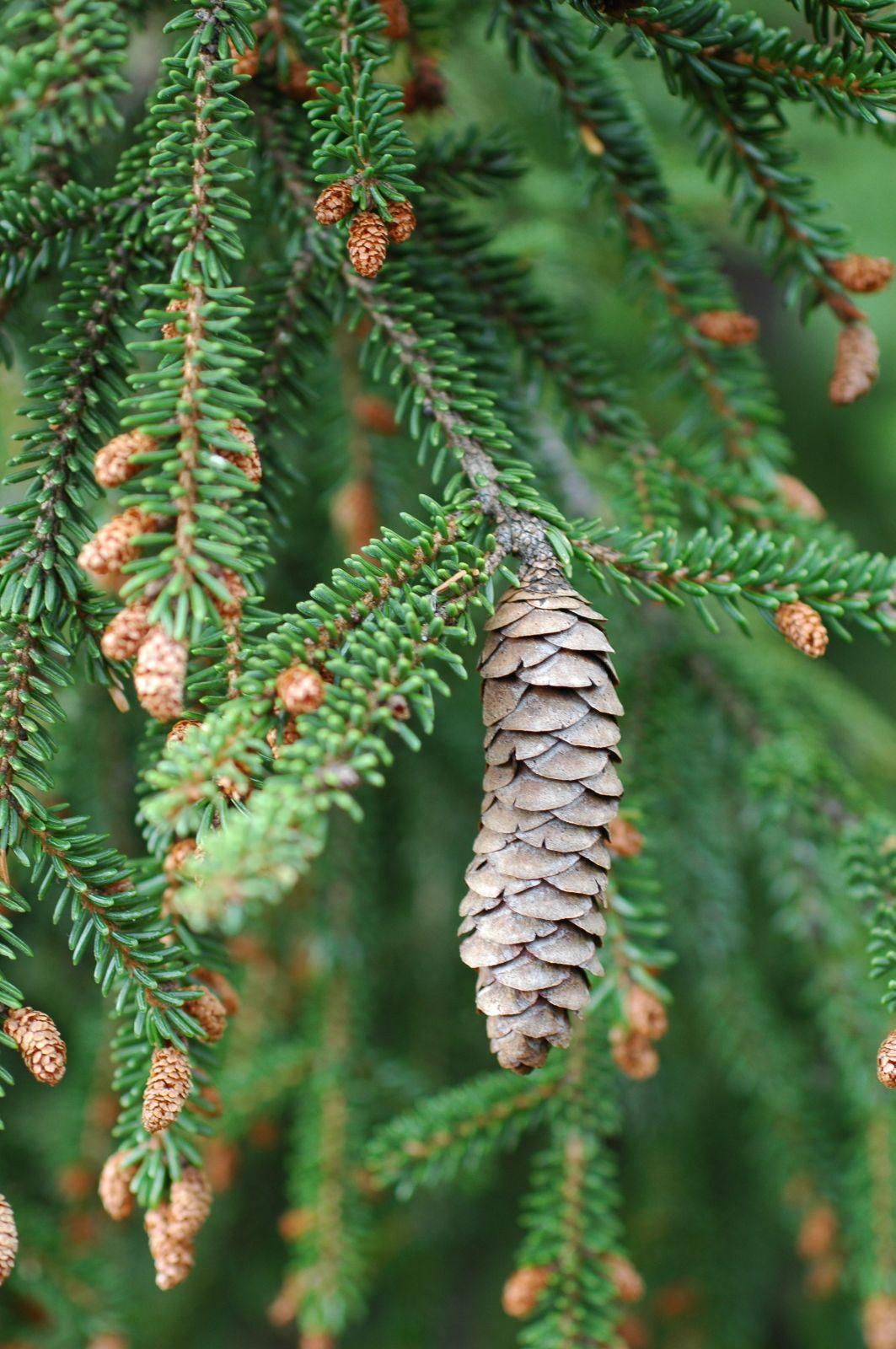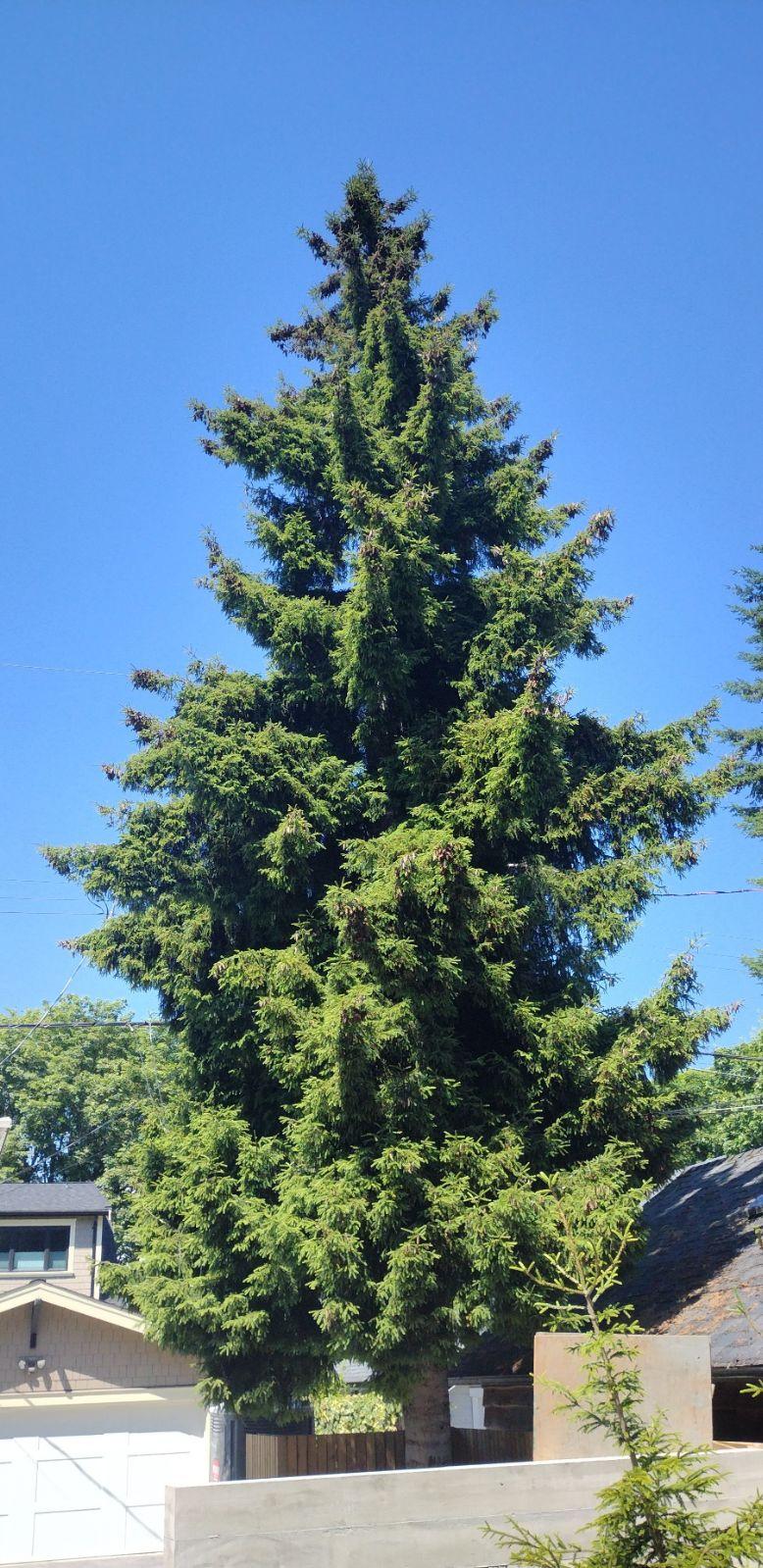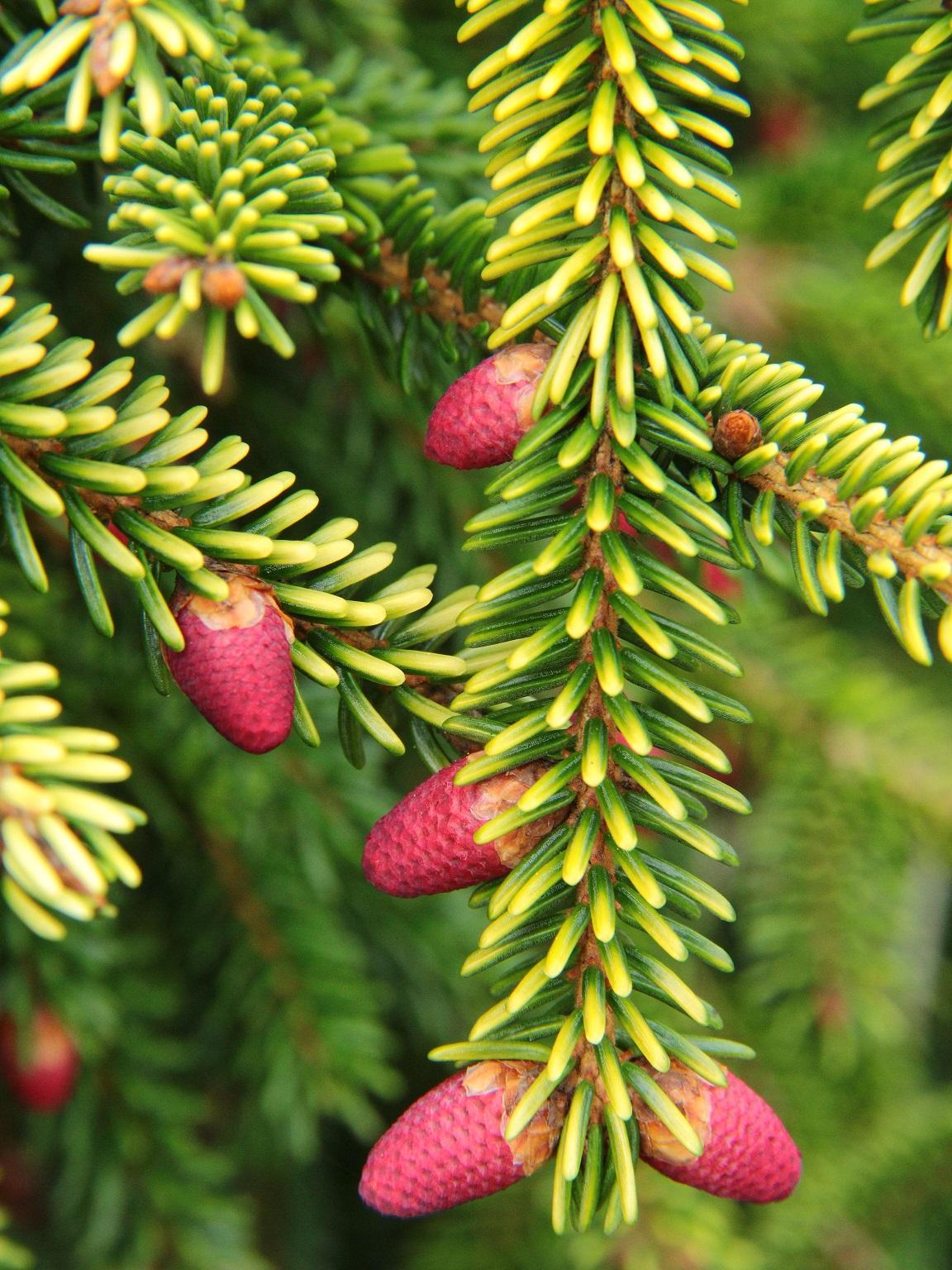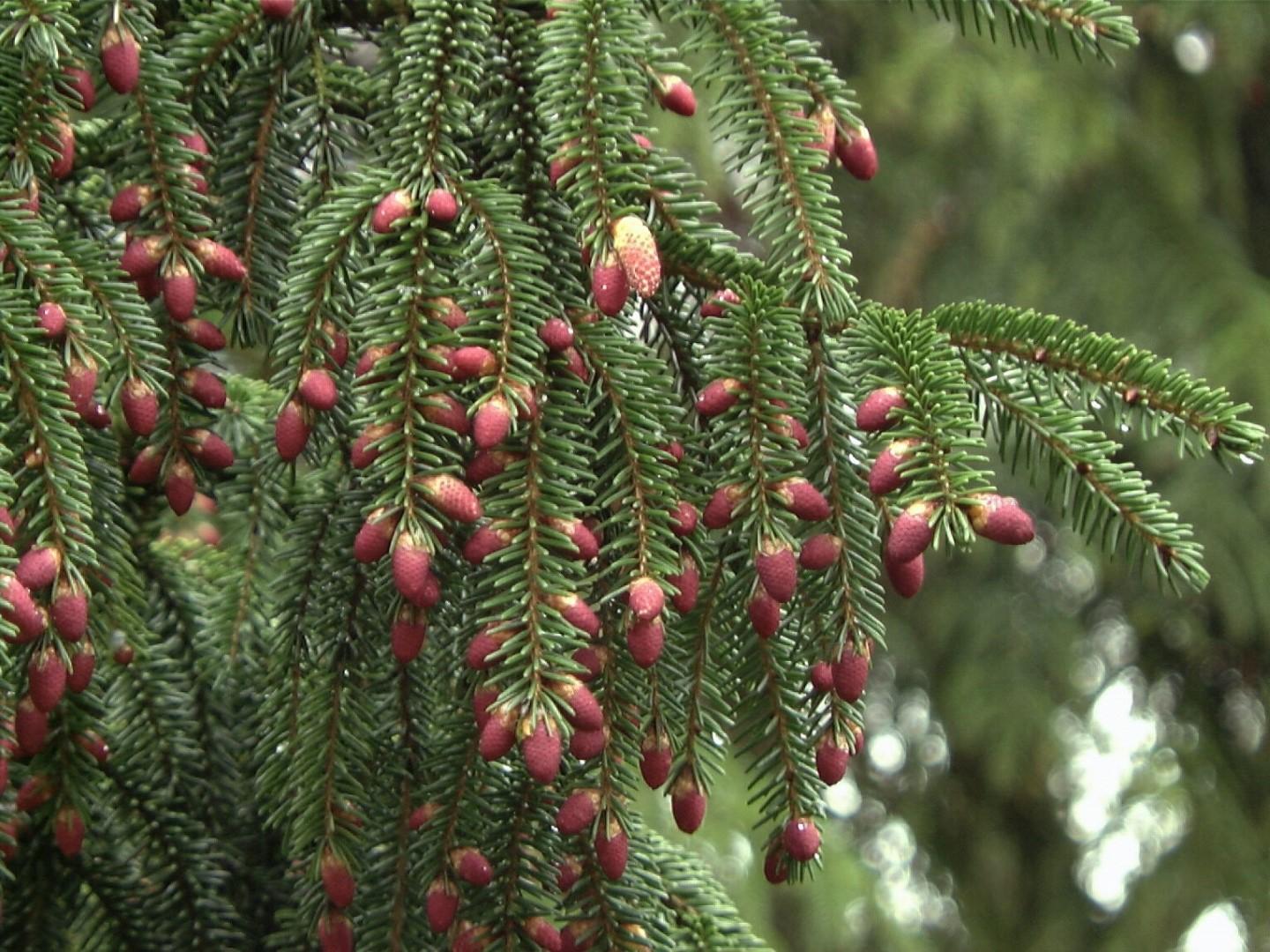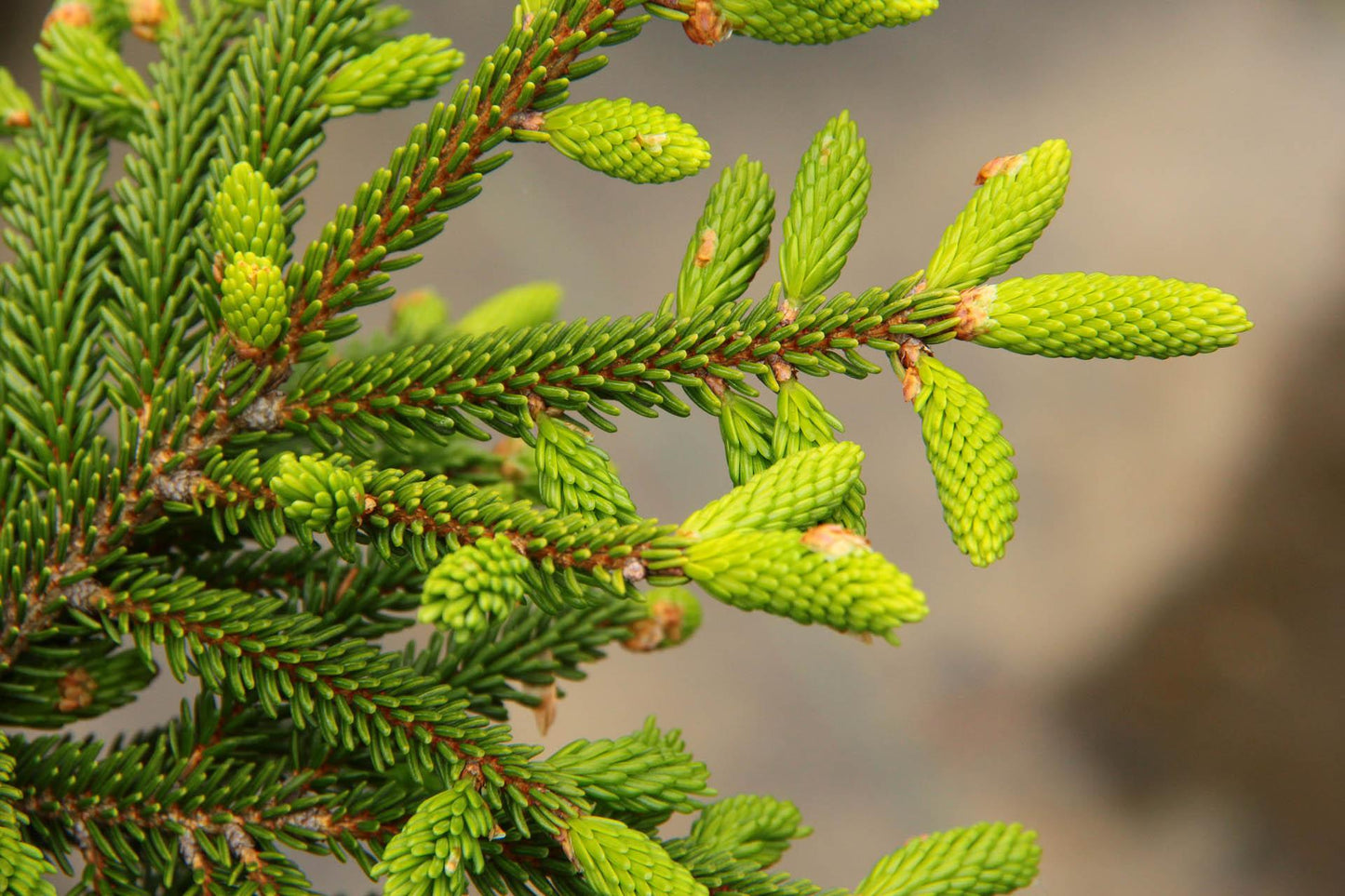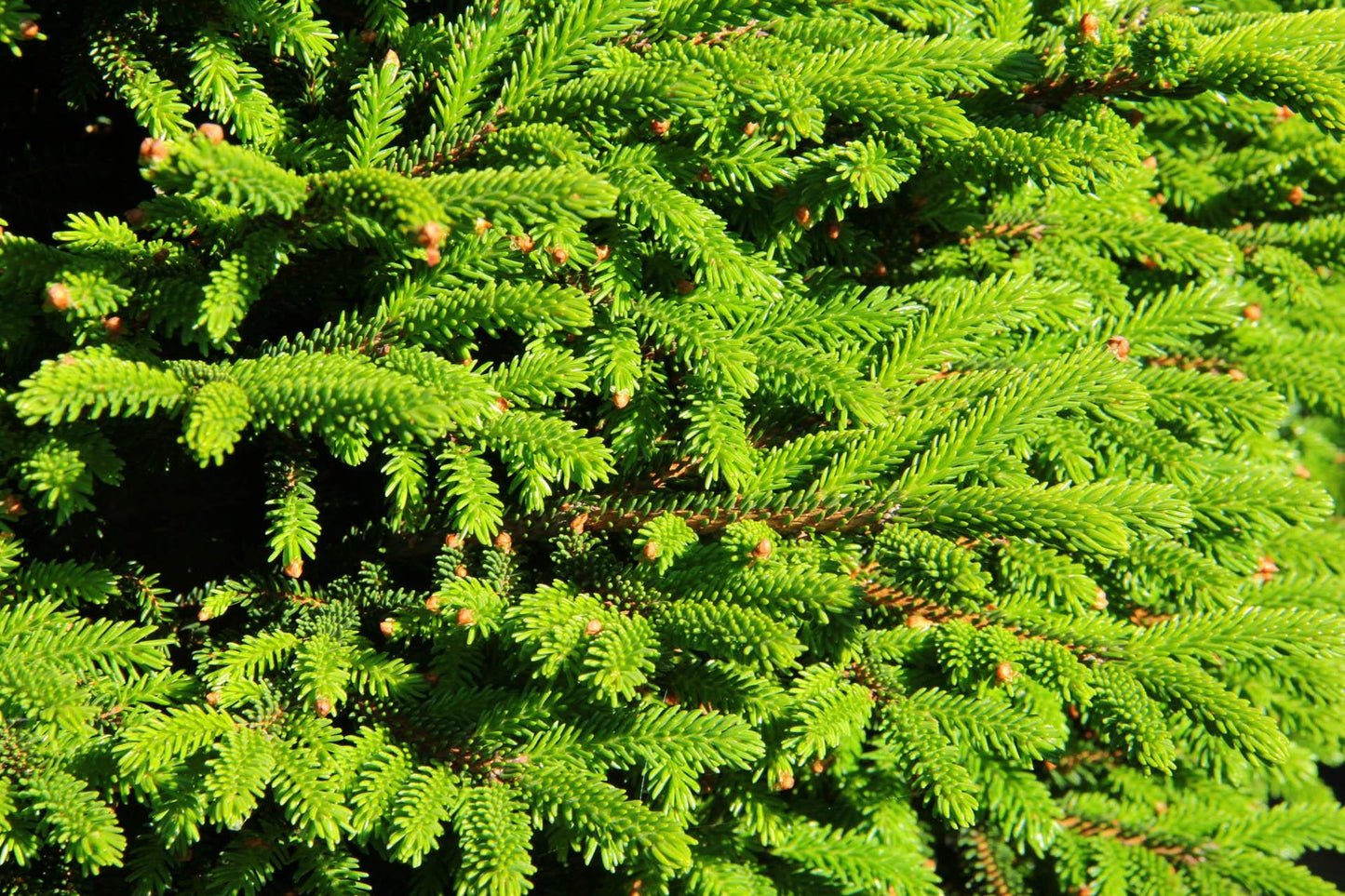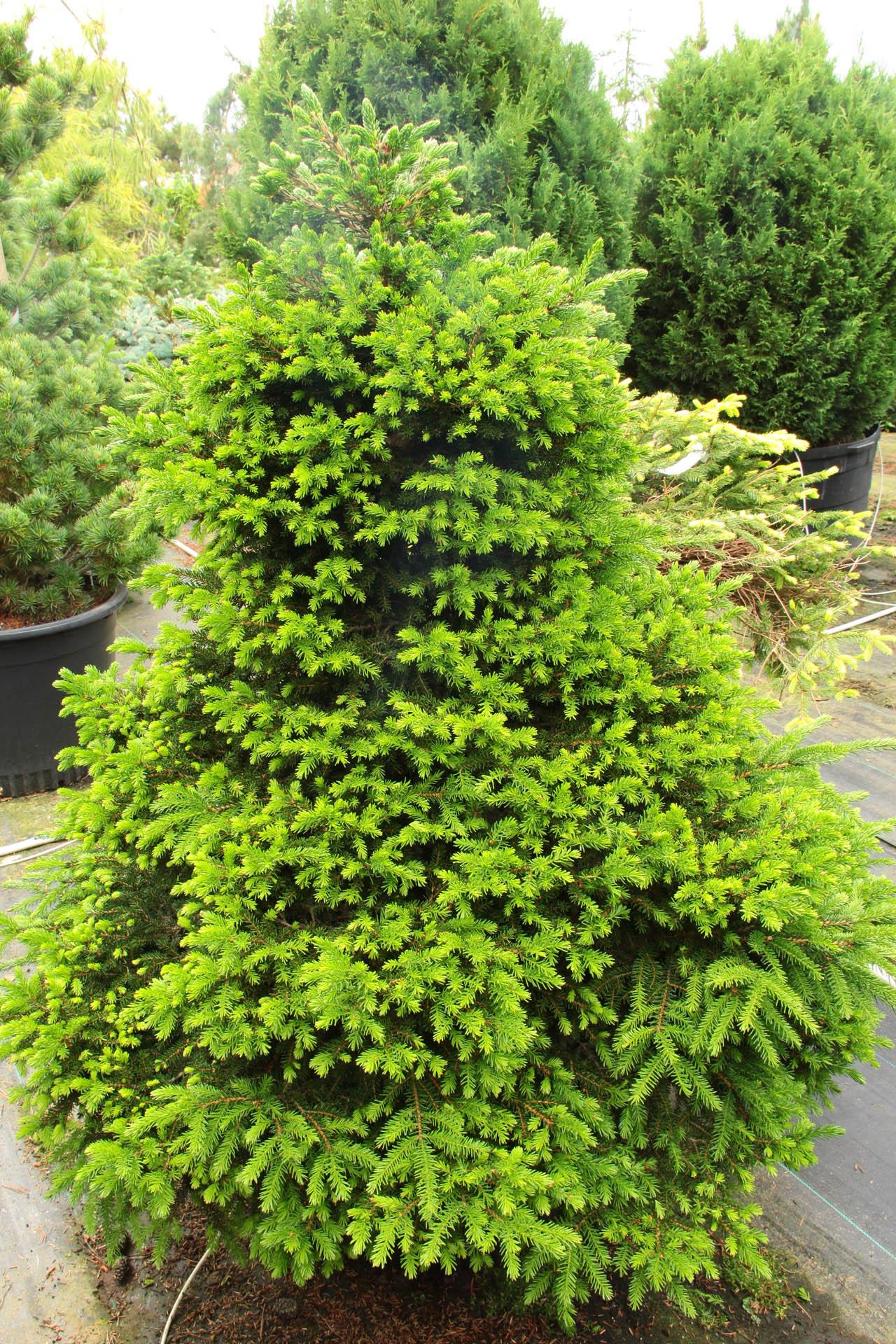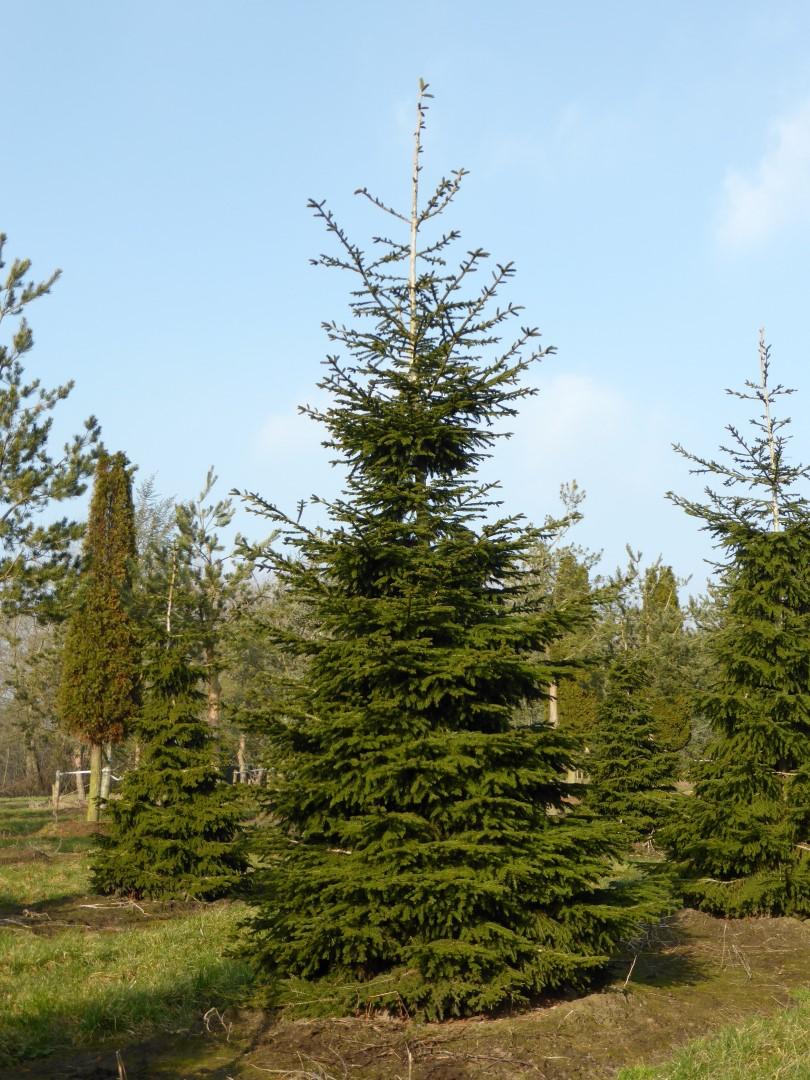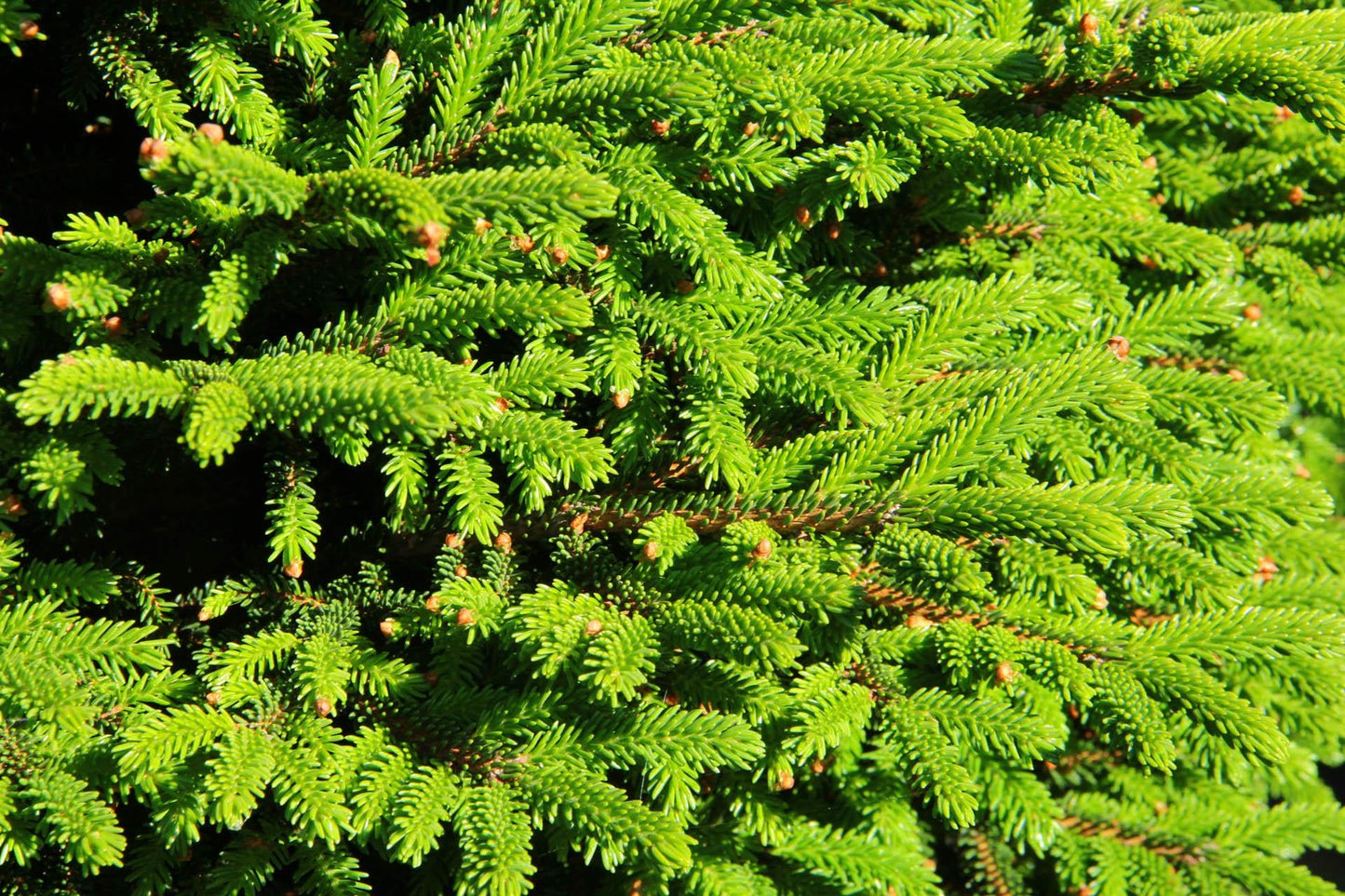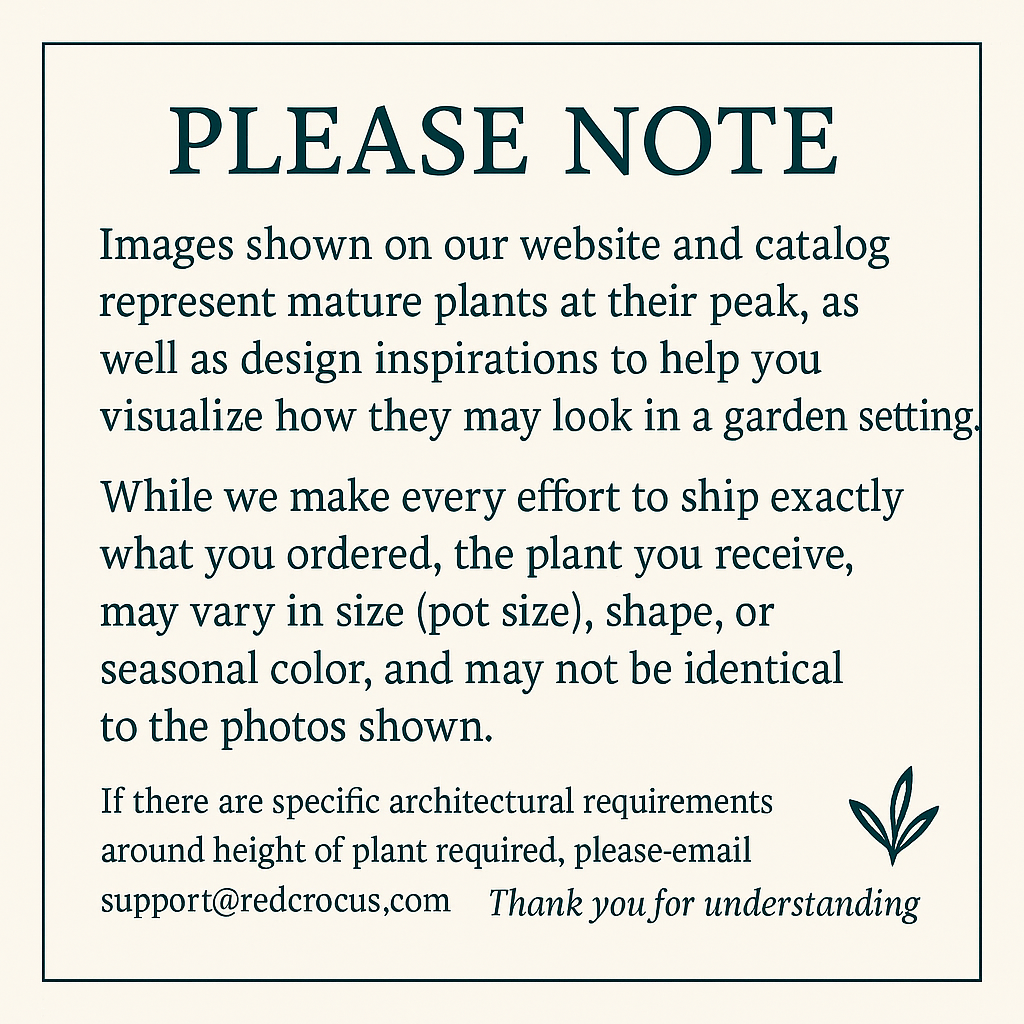1
/
of
21
Oriental Spruce–Picea orientalis–Evergreen Conifer 8/10' h B&B
Oriental Spruce–Picea orientalis–Evergreen Conifer 8/10' h B&B
Regular price
$4,700.00 USD
Regular price
$6,110.00 USD
Sale price
$4,700.00 USD
Unit price
/
per
Shipping calculated at checkout.
SKU:nte1092-redcrocus
Couldn't load pickup availability
Picea orientalis
Description
Picea orientalis, commonly known as the Oriental Spruce, is a magnificent evergreen conifer native to the Caucasus Mountains and northeastern Turkey. It is prized for its dense, pyramidal form and short, dark green needles that provide a lush, year-round presence in landscapes.
Suggested Uses
Oriental Spruce is ideal for use as a specimen tree, in mixed borders, or as a privacy screen. Its elegant form and rich foliage make it a standout choice for large gardens and parks.
Plant Details
-
 Botanical Name: Picea orientalis
Botanical Name: Picea orientalis -
 Common Name: Oriental Spruce
Common Name: Oriental Spruce -
 Size & Growth: Typically grows 50-60 feet tall and 10-20 feet wide
Size & Growth: Typically grows 50-60 feet tall and 10-20 feet wide -
 Hardiness Zones: 4-7
Hardiness Zones: 4-7 -
 Foliage Type: Evergreen
Foliage Type: Evergreen -
 Bloom Time: Non-flowering
Bloom Time: Non-flowering -
 Growth Rate: Slow to moderate
Growth Rate: Slow to moderate -
 Light Requirements: Full sun to partial shade
Light Requirements: Full sun to partial shade -
 Attracts Pollinators: No
Attracts Pollinators: No -
 Indoor Friendly: No
Indoor Friendly: No -
 Container Friendly: No
Container Friendly: No -
 Deer Resistant: Yes
Deer Resistant: Yes -
 Pet Warning: Non-toxic to pets
Pet Warning: Non-toxic to pets -
 Fragrant: No
Fragrant: No -
 Cut Flower: No
Cut Flower: No -
 Grows Well With: Rhododendrons, Azaleas, and other shade-tolerant plants
Grows Well With: Rhododendrons, Azaleas, and other shade-tolerant plants
Care Tips
-
 Planting Instructions: Plant in spring or fall in a well-drained location
Planting Instructions: Plant in spring or fall in a well-drained location -
 Soil Moisture: Keep soil consistently moist, especially during dry periods
Soil Moisture: Keep soil consistently moist, especially during dry periods -
 Soil Type: Prefers acidic, loamy, well-drained soils
Soil Type: Prefers acidic, loamy, well-drained soils -
 Humidity: Tolerates a range of humidity levels
Humidity: Tolerates a range of humidity levels -
 Pruning Instructions: Minimal pruning required; remove dead or damaged branches
Pruning Instructions: Minimal pruning required; remove dead or damaged branches -
 Winter Care: Mulch around the base to protect roots in harsh winters
Winter Care: Mulch around the base to protect roots in harsh winters -
 Planting Depth: Plant at the same depth as the root ball
Planting Depth: Plant at the same depth as the root ball -
 Fertilization: Fertilize in early spring with a balanced fertilizer
Fertilization: Fertilize in early spring with a balanced fertilizer -
 Special Care: Protect from strong winds to prevent damage
Special Care: Protect from strong winds to prevent damage
Share
